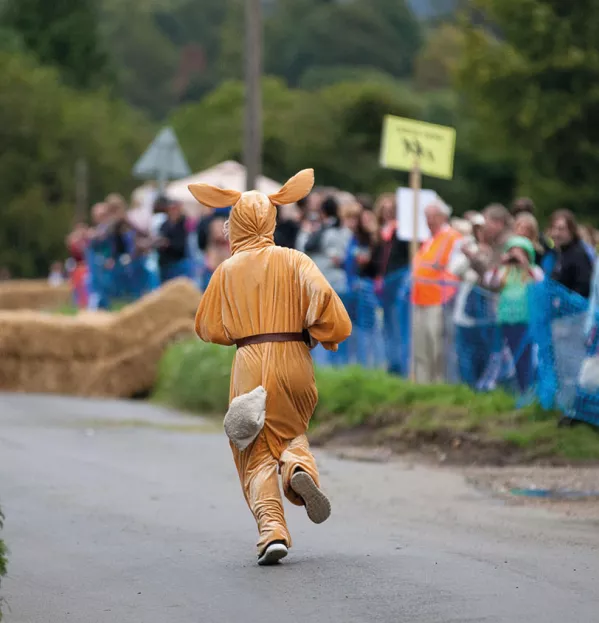I once taught a teenager named Craig. Amenable and intelligent, he was one of the easier students in a tricky Year 11 class.
And yet, as the school year developed, and the stress of exam season ramped up, Craig was coasting along with careless ease. I challenged him with my frustrated complaints and I threatened him with extra English lessons after school. It didn’t quite work out how I expected: Craig was delighted by the prospect.
Instead of being shamed into putting in more effort himself, Craig expected more effort from his teachers. More time with us was, he thought, excellent news.
He didn’t expect to try hard, nor did he expect to work with any degree of independence. Homework and revision were seemingly beyond him. We were the ones who needed to do it all for him.
Why is this story so important right now? Because there is currently a legion of articles and concerns about lost learning and curriculum time during the Covid-19 pandemic. And generating curriculum time to recover lost learning is more difficult than ever. After-school sessions have been consigned to the past. The schools that have routinely arranged “prep time” to extend their days have had to curtail such plans.
Targeted academic support will no doubt be deployed for students like Craig, but it will be more difficult to do it effectively, given the raft of Covid limitations.
So if our students are to “catch up”, it is going to involve a lot of independent learning and a lot of homework on their part. For students like Craig, that will be tough unless we can get the message through to them that they need to work hard for what they want. And we, as teachers, need to teach them how best to do that.
After teaching Craig, I found out about the evidence on study strategies from John Dunlosky and colleagues, from their research in cognitive science. It details effective independent study strategies, such as using flashcards, spacing out self-testing and more.
We need to make sure that students understand these techniques, but we also need to make sure that students use them - we need to monitor learners, support them and reteach them if needed.
But we can’t do it for them. We need to be clear that teachers cannot recover lost time. Instead, all they can do is their level best to ensure that the time students spend working independently is as effective as it can be.
Alex Quigley is a former teacher who now works for an educational charity supporting schools and disadvantaged pupils. He is the author of Closing the Reading Gap
This article originally appeared in the 13 November 2020 issue under the headline “Why teachers need to help students help themselves”
